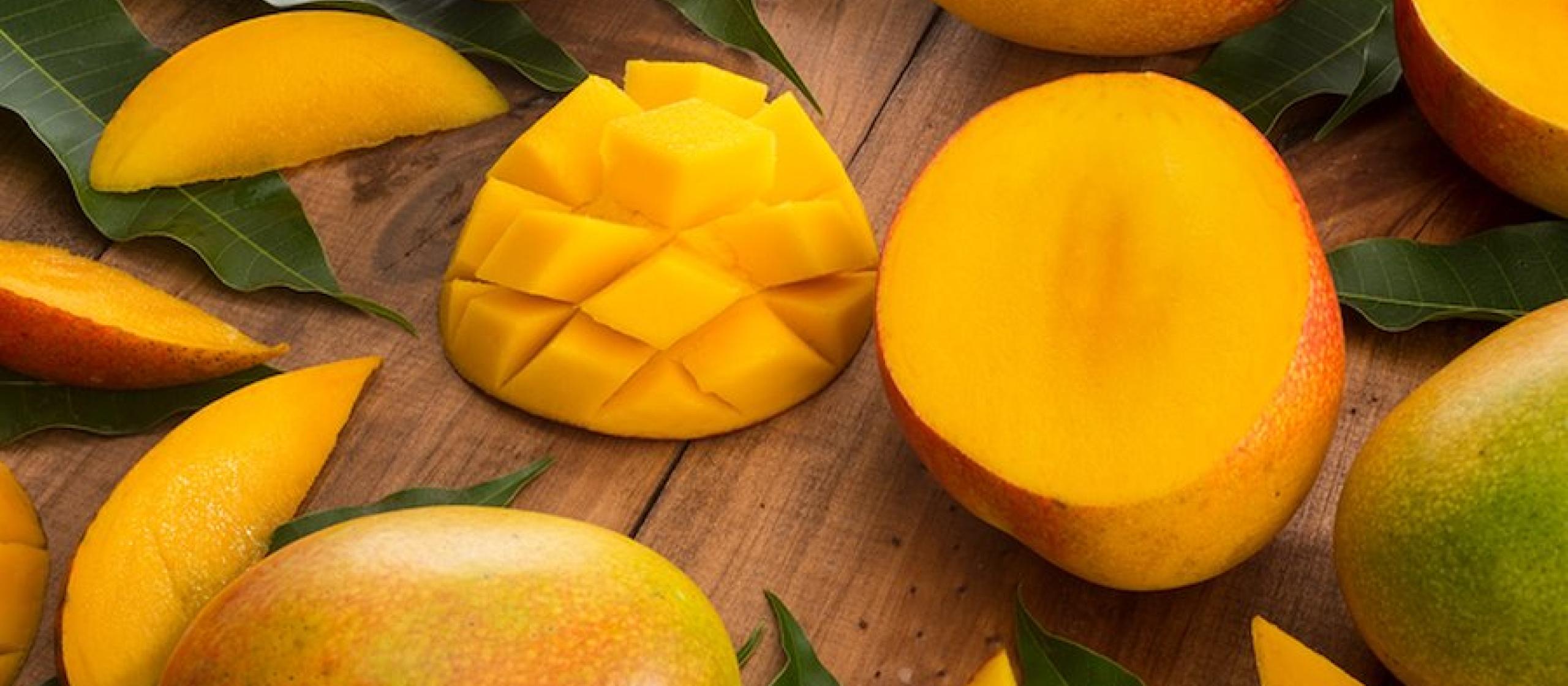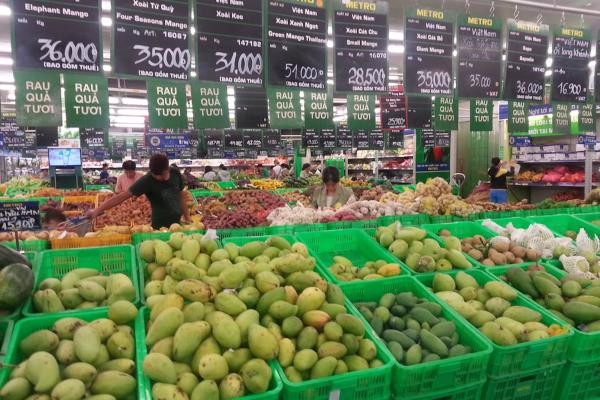- HomeHome
-
About ACIAR
- Our work
- Our people
-
Corporate information
- ACIAR Audit Committee
- Commission for International Agricultural Research
- Policy Advisory Council
- Agency reviews
- Executive remuneration disclosure
- Freedom of information (FOI)
- Gifts and benefits register
- Information publication scheme
- List of new agency files
- Contracts
- Legal services expenditure
- Privacy impact assessment register
- Commonwealth Child Safe Framework
- Benefits to Australia
- Careers
- 40 years of ACIAR
-
What we do
- Programs
- Cross-cutting areas
- Resources
- Where we work
-
Funding
- Research projects
- Fellowships
-
Scholarships
- John Allwright FellowshipScholarships to study in Australia for ACIAR partner country scientists to have Australian postgraduate qualifications
- ACIAR Pacific Agriculture Scholarships and Support and Climate Resilience Program
- Alumni Research Support Facility
- Publications
- News and Outreach
Date released
08 February 2019
A suite of five ACIAR small research activities (SRAs) is bringing together mango supply chain stakeholders and researchers from seven countries in a mango agribusiness program designed to understand the lucrative Chinese mango market and improve livelihoods for smallholder mango producers.
Robin Roberts is a professor in agribusiness at Griffith University, and the mango agribusiness program project lead. Researchers from seven countries—Cambodia, Indonesia, Myanmar, the Philippines, Pakistan, Vietnam and Australia—are participating in five ACIAR small research activities. The project aims to:
- Improve communication, collaboration and capacity development
- Identify market development opportunities and implications in China
- Identify research and development opportunities for entry of mangoes into Chinese markets
- Evaluate opportunities for improving mango quality
- Prioritise opportunities for processing mangoes in selected markets.
Roberts says the goal of the program is to engage Australian and partner country researchers in understanding the dynamic Chinese market and what is needed operationally for successful mango trade with China. The mango agribusiness program has cross-institutional and multidisciplinary teams working together to develop a common platform for mango quality, to understand the implications related to market entry and biosecurity in mango trade, to profile the breadth and depth of the market from an economic standpoint and to understand consumer mango demand. ‘It’s important information to share, especially with the technical people who are developing new varieties, to understand consumer and customer (retailer) preferences.’
‘The mango research information is the umbrella project,’ Roberts says, ‘and the key to the success of the project as a whole.’ This project has three streams: communication, collaboration and capacity building. A new Asia-Pacific Mango Network website , Facebook page and a newsletter, Simply Mango, were created to provide a platform for researchers and industry to communicate program activities and share ideas.
‘With multiple researchers across a number of partner country institutions, including the Australian Mango Industry Association and national governments,’ Roberts says, ‘effective collaboration is essential. The first priority is developing a mango research network’.
The third and most significant component of the mango information project is capacity building. Eight early career researchers are participating across the program: two from the Philippines, Ivory Galang and Leizel Secretaria; two from Vietnam, Li Minh Hung and Tran Thi Ut Linh; and four from Australia, Samantha Frolov, Claire Settre, Yiru Chen and Colin Leung. These researchers are supported through one-on-one mentoring, as well as workshops held to develop research skills, such as the one on integrating gender in value-chain research held in Hanoi in November 2018.
Identifying the mangoes that people want to buy is the remit of the mango markets team. Researchers from the University of Adelaide and Griffith University undertook novel research in a willingness-to-pay study in partnership with a leading Shanghai supermarket chain, CitySuper, in October 2018. In 20 research sessions, consumers were given ‘shopping money’ to bid for mangoes in an auction. Initially, consumers ‘bought with their eyes’, choosing visually the biggest, reddest mangoes, but changed their preferences when they had more information about the mangoes, including where the mangoes were grown, and after tasting.
‘You have to understand demand’, Roberts says, not only of consumers, but also of customers/retailers who have different requirements. ‘Understanding the two touch points in a consumer’s buying process is the key. The first touch point is visual—what the product looks like, its level of ripeness, how many to a box, the country of origin. The second touch point is in the tasting—offering a product that meets consumer expectations is challenging.’
While, Roberts says, on a policy level ‘China is open for business’, on a technical science level there are strict biosecurity protocols to be met. On behalf of Griffith University, Peter Johnson and his team are mapping these entry protocols into China to assist partners in meeting these. ‘They are creating an overarching document which dovetails with “What do they want to buy?”’ Roberts says. ‘There’s no point in having a produce protocol for a product into a country if consumers don’t want to buy it.’
The mango agribusiness program partners will come together for a final workshop on 19–21 March 2019 in Haikou city, Hainan province, the home of the Chinese Academy of Tropical Agricultural Sciences and also a major Chinese mango-growing area. The teams will present their research, connecting the large number of research activities to understand the comparative and competitive positions for mango supply and demand into the Chinese market. ‘Connecting the dots … by evaluating the studies to form a clearer understanding of Chinese mango trade, will be a key outcome of the program,’ Roberts says.
Visit the Asia-Pacific Mango Network website and subscribe to their newsletter for more information.




